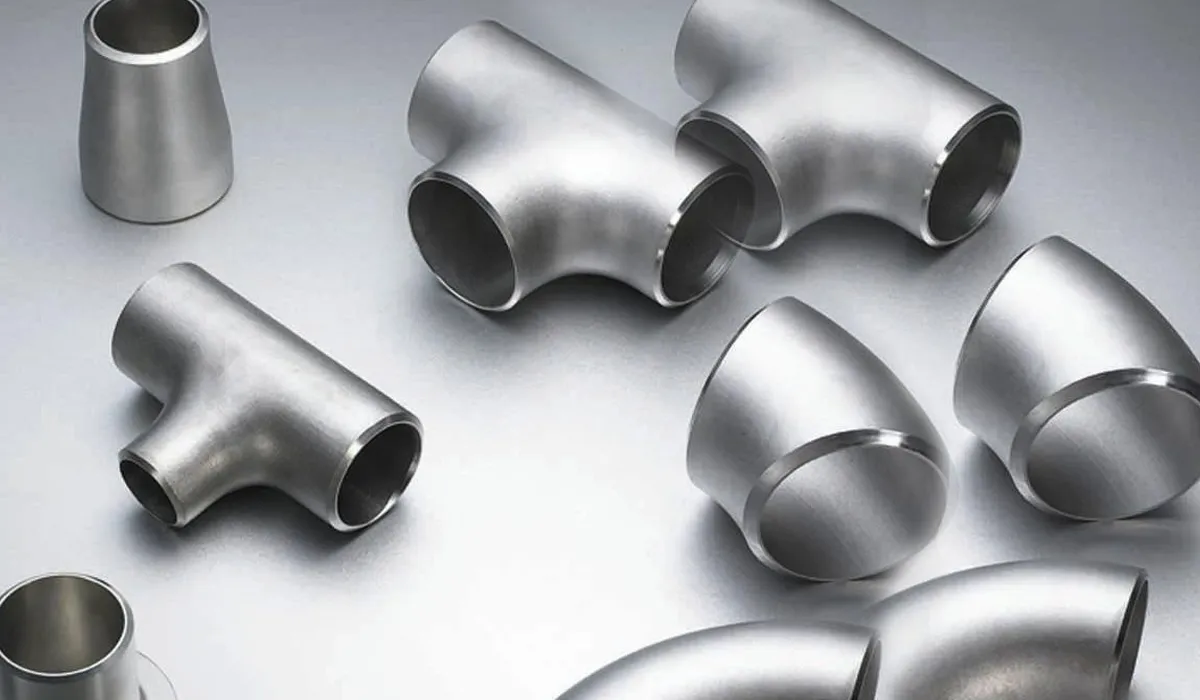Researchers in Iran Use Cubic Nanoparticles to Improve Efficiency of Pipes, Fittings for Industries

Mehdi Abbasi Nourabadi, the managing director of the knowledge-based company, explained that his company has so far supplied nearly 500 products in the field of pipes and fittings to different industries, adding, “They can be used in various industries like construction, water supply companies, agricultural industry and telecommunications.”
“We have increased the impact strength in pipes and fitting products by adding cubic and polyhedral nanoparticles with dimensions less than 100 nm to the UPVC polymer-based material,” he said.
Earlier, Iranian researchers at another knowledge-based company had also used composites and nano materials to produce special pipes and fittings for industries that experience high corrosion in their installations like oil, gas and sewage pipes.
“Our products are composite pipes consisting of glass fibers and different types of resins. Depending on specifications of the fluid passed through, different types of resins are used,” said Atiyeh Andakhshideh, the managing-director of the company.
“The special feature of composite products compared to metal pipes is that composite pipes enjoy mechanical strength similar to metal products, but their chemical resistance is very high,” she added.
Andakhshideh said that the chemical resistance of these pipes has been devised in accordance with corrosive environments, adding that these pipes can be used in different areas, including petrochemical, oil, gas and water industries.
Noting that the US, the Netherlands and Germany are the main producers of such products, she added, “Our product has replaced the German model and Iran has now reached self-sufficiency in this field.”
4155/v





















